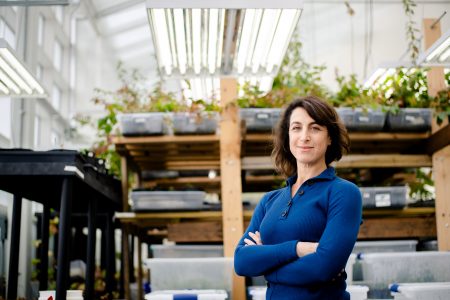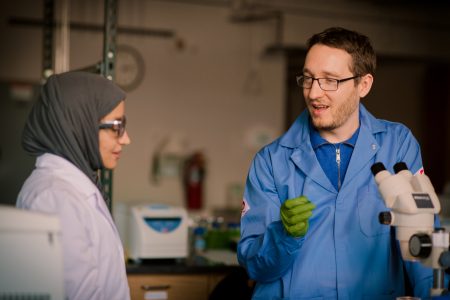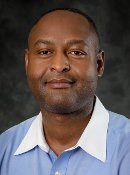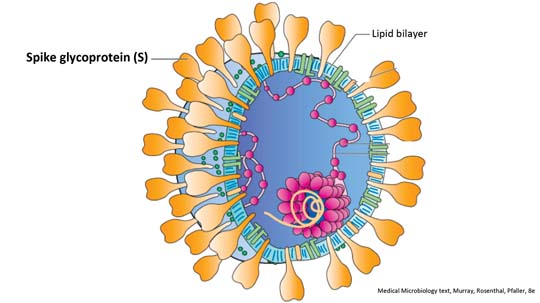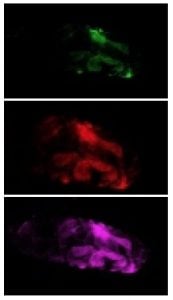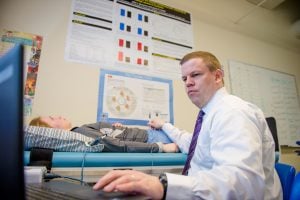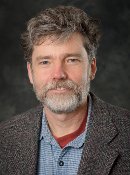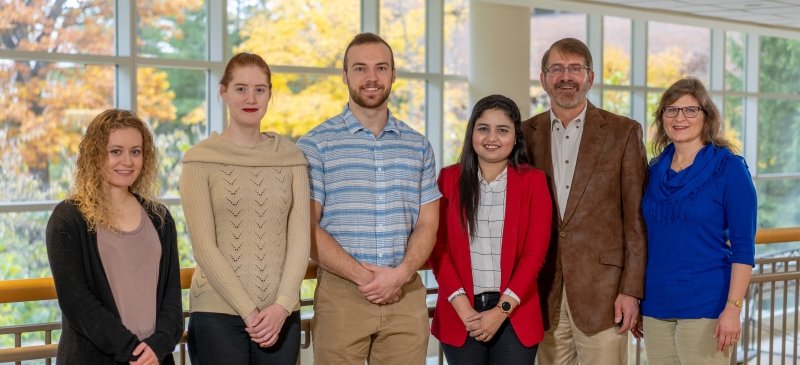Erika Hersch-Green, plant evolutionary ecologist and associate professor of Biological Sciences, received a National Science Foundation CAREER Award. She will investigate how specific attributes of plants, such as their genome size, influence community biodiversity responses to increased nitrogen and phosphorus availability. Hersch-Green’s approach combines molecular, cytological, physiological, and phylogenetic techniques.
Hersch-Green is conducting her research on three fronts. First, she is currently gathering fresh data and merging it with information from experimental grassland sites around the world. These sites have plots with different nutrient treatments, allowing her to examine how response patterns vary depending on climate conditions. Second, she is conducting controlled greenhouse studies to better understand mechanisms that focus on two common grassland plants: fireweed and goldenrod, both of which she has studied before. Lastly, she developed a new research site at Churning Rapids, north of Hancock and south of McClain State Park. There she is extending her research to look at how disturbance patterns affect levels of biodiversity.
She is also exploring ways to improve students’ scientific literacy and engagement in research. To accomplish this, she is incorporating students in grades 6 through 12 and undergraduates in research, enhancing research involvement in the classroom, facilitating effective scientific communication skills of graduate students, and promoting collaboration among undergraduate students and faculty in the Departments of Biological Sciences and Humanities. These students will produce video content that will be used to enhance education and public understanding of biological science and ecology.
To summarize, Hersch-Green aims to provide a system-level understanding of how nutrient eutrophication—the increasingly dense growth of particular plants at the expense of other species—and landscape disturbances affect individual organisms and multi-species communities by looking at their interactions.
Although she is passionate about her research, Hersch-Green is also deeply committed to the educational component of her CAREER award. Her educational goals are to increase both scientific literacy and engagement of high school and university students on critical topics related to nutrient eutrophication, biodiversity, evolutionary adaptation, and awareness of related STEM (science, technology, engineering, and math) career pathways.
This blog post initially appeared in the Fall 2022 Biological Sciences Newsletter. Read this article and others like it today.
